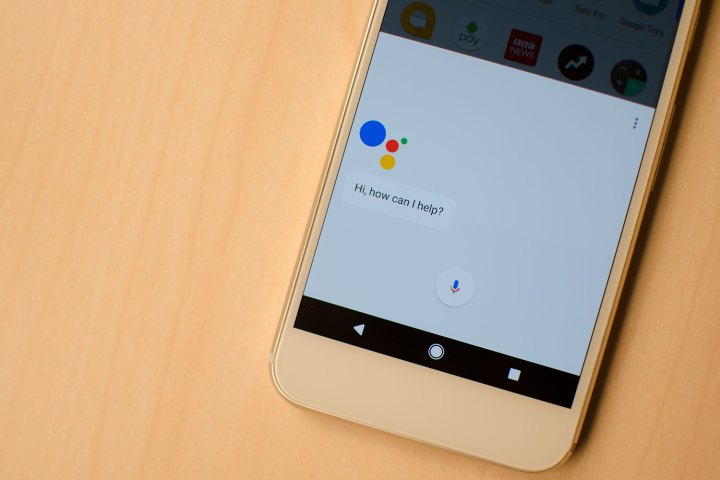
A user by the name of Kyle from the site HardOCP shared his story this week, reporting that he woke up one morning to find his Pixel XL was showing no network connectivity and only the ability to make emergency calls. He reached out to his carrier, T-Mobile, which confirmed that his phone had been blacklisted and reported as stolen.
Kyle then got in touch with Swappa, the phone-trading website where he purchased the Pixel, to find out more. A representative responded that “a great number” of Pixel devices had been suffering from similar issues over the previous two days, and directed the customer to contact Google and work with the seller to get to the bottom of things.
So Kyle contacted Google, and while the first individual he chatted with disputed the fact that his Pixel had been blacklisted, he provided the second representative with a screenshot of Swappa’s IMEI check, which showed the device as lost or stolen.
The issue was escalated to the Project Fi team, where it was confirmed that his phone had originally been purchased through the carrier and later resold — but Google was not responsible for the blacklisting.
The IMEI is a phone’s unique identification number, and when a device is reported as lost or stolen to law enforcement, the wireless carrier has the ability to block it, preventing it from ever being used on any network again. At this point, it is still unclear who was responsible for the blacklisting, and whether or not this is related to Google’s attempts to punish resellers who broke its terms of service last fall.
Back in November, The Guardian reported a number of forum members took to money-saving website Dan’s Deals to complain about their Google accounts having been suspended. As such, anything linked to the accounts, such as documents, photos, and emails, became inaccessible. Some users noticed that they lost photos that were saved in Google Photos, with others locked out of other accounts linked to their now-suspended Gmail that have the password reset functionality.
The common thread is that all of these users bought the Pixel and Pixel XL through Project Fi, with the phones then shipped to a reseller in New Hampshire. The reseller paid the users a profit on each phone, with the phones then resold to others. Since there is no sales tax in New Hampshire, it made things that much more enticing.
Unfortunately for the customers, this practice runs afoul of Google’s terms of service, which states, “You may only purchase Devices for your personal use. You may not commercially resell any Device, but you may give the Device as a gift.”
According to Daniel Eleff, who runs Dan’s Deals and originally broke the story, the reseller has been doing this since the original Nexus was released, with this being the first time it has encountered a problem. Google sniffed out the issue and canceled around 500 orders, though other orders still made their way to the reseller.
Google did not respond to a request for comment, though the company sent Eleff a statement on the matter. In short, all of the suspended accounts were reactivated.
“We identified a scheme in which consumers were asked to purchase Pixel devices on behalf of a reseller, who then marked-up the cost of those devices in order to resell them to other customers,” the statement reads. “We prohibit the commercial resale of devices purchased through Project Fi or the Google Store so everyone has an equal opportunity to purchase devices at a fair price. Many of the accounts suspended were created for the sole purpose of this scheme.”
“After investigating the situation, we are restoring access to genuine accounts for customers who are locked out of many Google services the rely on.”
We’ll continue to update this story as more information becomes available, or if any other Pixel owners report similar problems.
Article originally published on 11-18-2016 by Williams Pelegrin. Updated on 05-25-2017 by Adam Ismail: Added new story about IMEI blacklisting.
Editors' Recommendations
- I compared Google and Samsung’s AI photo-editing tools. It’s not even close
- A new Google Pixel Tablet is coming, but it’s not what you think
- Why you need to be excited about the Google Pixel 8a
- The 6 biggest announcements we expect from Google I/O 2024
- Google Pixel 8a: news, rumored price, release date, and more